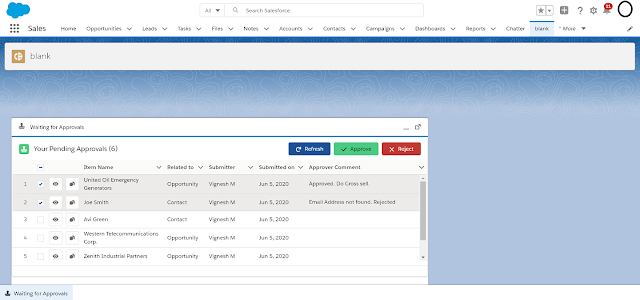Microsoft is working to link Skype to Aadhaar, India’s national ID database
What if people in India could soon use Skype as an authentication service? According to a report from Indian Express, Microsoft is currently working with the Indian government to link Skype with the national ID database Aadhaar to see if the service can be used to enable authenticated communications with government institutions.
Aadhaar is a unique 12-digit identity number affected to Indian residents and linked to centralised government database collecting biometric and demographic data. It’s currently voluntary and not mandatory, but because of the privacy concerns some Indian civil liberty groups have opposed what could be one of the world’s largest national identification number project. However, Microsoft’s President and Chief Legal Officer Brad Smith told Indian Express that the company has embraced the universal ID system:
We have been pursuing work, initially on a pilot basis, to use this specific technology and integrate it with Skype. We see Skype evolving in a way that will enable someone at home to authenticate themselves with using that ID system with a fingerprint or iris scan and then communicate with someone on the other end, maybe even a government agency, which will know that person is the same as he or she is claiming to be”.
Skype is not the only messaging app to try to go beyond simple private conversations, as we’re already seeing other services like Facebook Messenger and Whatsapp trying to get business on board and use their platforms to communicate with consumers. But by working with a government agency, Microsoft is trying something different here to enable authenticated communications between citizens and government institutions. As Aadhaar is still not mandatory, Microsoft is probably right to experiment, but we can understand you if you find it a bit scary to link a personal service like Skype to centralised government database like Aadhaar.
Aadhaar is a unique 12-digit identity number affected to Indian residents and linked to centralised government database collecting biometric and demographic data. It’s currently voluntary and not mandatory, but because of the privacy concerns some Indian civil liberty groups have opposed what could be one of the world’s largest national identification number project. However, Microsoft’s President and Chief Legal Officer Brad Smith told Indian Express that the company has embraced the universal ID system:
We have been pursuing work, initially on a pilot basis, to use this specific technology and integrate it with Skype. We see Skype evolving in a way that will enable someone at home to authenticate themselves with using that ID system with a fingerprint or iris scan and then communicate with someone on the other end, maybe even a government agency, which will know that person is the same as he or she is claiming to be”.
Skype is not the only messaging app to try to go beyond simple private conversations, as we’re already seeing other services like Facebook Messenger and Whatsapp trying to get business on board and use their platforms to communicate with consumers. But by working with a government agency, Microsoft is trying something different here to enable authenticated communications between citizens and government institutions. As Aadhaar is still not mandatory, Microsoft is probably right to experiment, but we can understand you if you find it a bit scary to link a personal service like Skype to centralised government database like Aadhaar.

Comments
Post a Comment